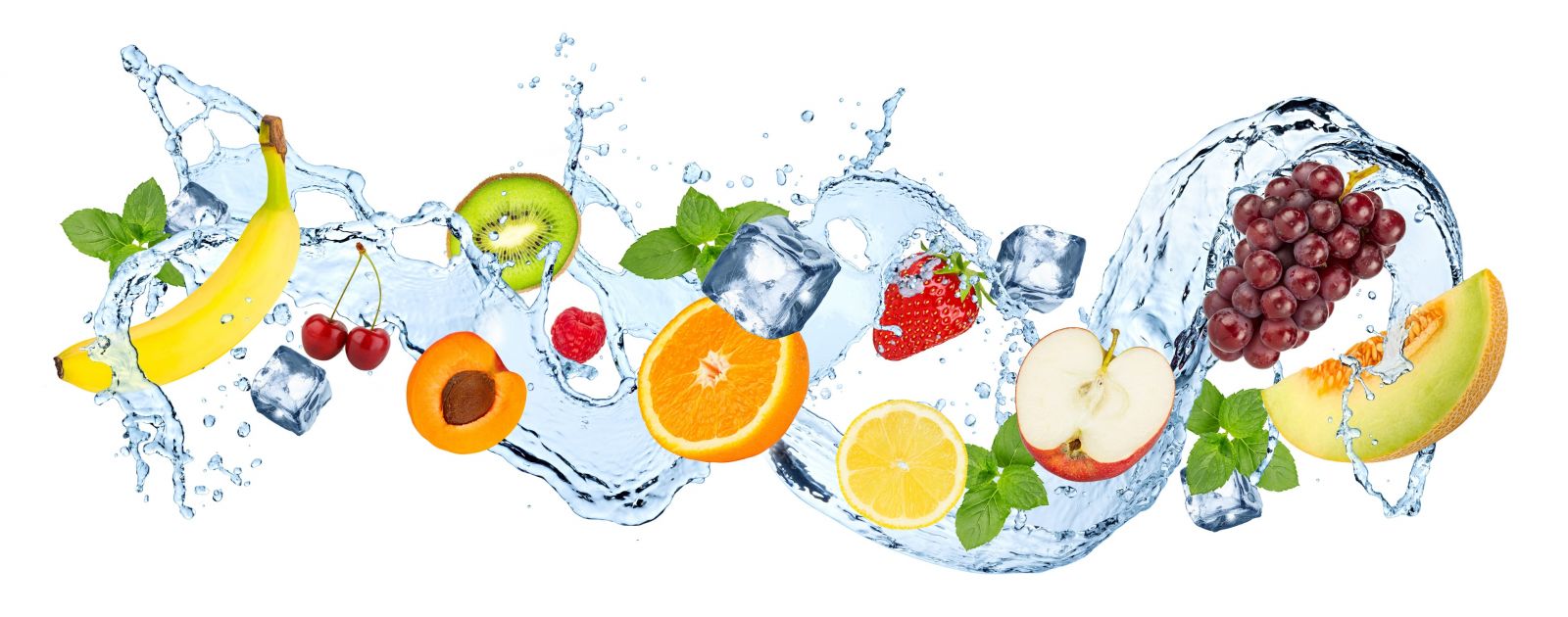
How to prevent malnutrition and dehydration in later life
Author: Sara Stagg
How much and what you eat and drink affects your weight and impacts your mood, concentration levels, and feelings. In essence, 'good' food and hydration are essential for general wellbeing.
However, getting adequate nutrition and keeping hydrated is not always manageable or easy to maintain as we age. (One in 10 older adults in the UK is malnourished, and 25% have mild dehydration.)
Nutrition and Hydration Week runs from the 14th to the 20th with the primary goal of highlighting and educating people on the value of food and drink in sustaining health and wellbeing in health and social care.
What are the sins of malnutrition?
Malnutrition can be severe, and as people get older, there is a higher chance of not receiving sufficient vital nutrients. Despite common preconceptions, a person can be malnourished regardless of size, weight or body shape.
Some of the main signs are;
- low body weight or unintentional weight loss
- feeling lethargic or more tired
- smaller appetite
- having difficulties with chewing and swallowing.
How can you prevent and treat malnutrition?
If you are worried about the person you care for getting enough nourishment, here are some things you can do to help;
- Encourage them to eat smaller meals every 2 to 3 hours.
- Find out which foods they enjoy eating and avoid over repetition of the same meals/foods - variety can be exciting!
- Serve smaller portion sizes; they can always ask for more if they are still hungry.
- Introduce extra calories throughout the day with milky drinks between meals, or fortify foods with full-fat cream.
- Ensure the person is sitting comfortably and has suitable cutlery to eat with. If they cannot feed themselves, offer assistance.
- Seek medical advice if you are concerned extra help might be needed.
What are the signs of dehydration?
The adult human body is up to 60% water, and it needs water to function correctly. It is recommended that you consume 2 litres, or eight glasses, of water each day. You can also gain hydration from food, such as fruits and vegetables.
Good hydration is critical for sustaining bodily functions, including the heart, brain and muscles. Maintaining healthy fluid levels reduces the risk of contracting a urinary tract infection, which can be dangerous for the elderly.
The elderly can be more susceptible to dehydration if they struggle to identify when they are thirsty or cannot articulate their needs. It is essential to keep a close eye on them and recognise the signs of dehydration.
The most common symptoms of dehydration are thirst, tiredness, dizziness, dry mouth/lips/skin, or dark coloured and strong-smelling urine. These symptoms of dehydration can happen to anyone and can be easily corrected by increasing fluid intake.
However, if dehydration is left untreated, more severe symptoms can arise, such as confusion, low blood pressure, weak pulse, rapid heartbeat, and low level of consciousness.
How can you prevent dehydration?
It can be challenging to encourage someone to drink if they do not feel thirsty or are worried about going to the bathroom after drinking. These tips may help you;
- Offer a variety of different drinks. Some people may find water bland, adding juice or slices of fruit makes it more appealing.
- Like eating, drinking little and often will ensure the person stays hydrated.
- Caffeine can lead to dehydration; offer water alongside caffeinated drinks to counteract the effects.
Nutrition and hydration at The Dower House
Please remember that this information is for guidance only. If you have concerns regarding nutrition and hydration for someone you care for, please seek medical advice.
At The Dower House, residents enjoy a wide and varied menu with freshly cooked meals by our expert team. Individual specific dietary requirements are easily catered for, as are medical needs, such as the need for softer foods. We ensure residents have access to food and drink throughout the day and monitor residents to prevent dehydration.
To find out more about life at The Dower House, contact the reception team on 01962 882848.
< Back to all Blog posts
Enjoy a taste of life at The Dower House
Join us for a tour of the house to experience the welcoming, homely atmosphere. Book a visit now, we’d be delighted to welcome you.
